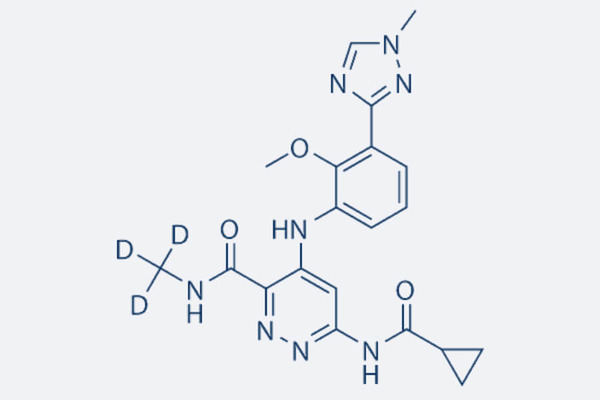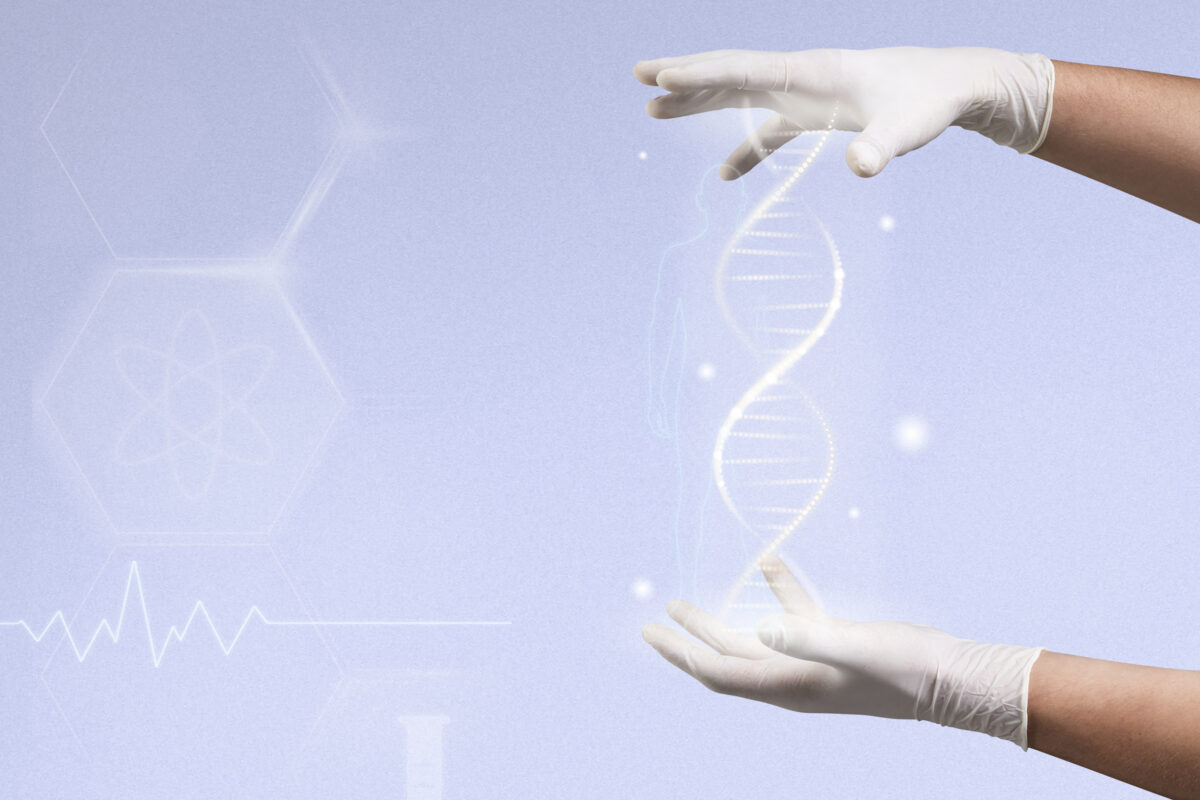Health Conditions
Twenty Against One
Autoimmune Disease & how one targeted gene-drug can protect you
We’re still surrounded by bacteria and viruses that can cause illness and disease no matter how many times we wash our hands, clean our house, or wash our dishes. As a result, we continuously rely on our immune system to fight off potential threats. In most people, the immune system functions as a good – although not perfect – defence mechanism. On the other hand, our immune system can harm us by causing a spectrum of conditions known as the autoimmune disease.
However, in certain people, the immune system may malfunction, causing it to misinterpret body parts as threats and attack the body’s tissues and cells. This is what happens in type 1 diabetes when the immune system attacks insulin-producing cells in the pancreas. When the immune system targets the lining of the joints, it causes rheumatoid arthritis. The autoimmune disease includes both of these.
Another prevalent autoimmune illness is systemic lupus erythematosus (SLE), in which the immune system attacks its tissues, resulting in extensive inflammation and tissue destruction in the affected organs. Joints, skin, brain, lungs, kidneys, and blood vessels can all be affected. Lupus has no cure, although it can be managed with medical intervention and lifestyle adjustments. In Malaysia, a prevalence of 43 per 100,000 people has been found. In Malaysia, Chinese people (57/100,000) have the highest prevalence of SLE, followed by Malays (33/100,000) and Indians (14/100,000)1.
Despite the development of medicines to prevent autoimmune disease, there is still no cure for these disorders. Existing medications may also be ineffective in some patients and have serious side effects. We need a deeper knowledge of how these diseases evolve to develop effective treatments.
Many studies looking at the genetics of autoimmunity over the last decade have discovered a common feature: a gene named TYK2. At least 20 autoimmune illnesses have been linked to this gene, including multiple sclerosis, type 1 diabetes, rheumatoid arthritis, lupus, and psoriasis. Since the discovery of this gene, a TYK2 inhibitor has been created and is showing promise in the treatment of psoriasis, a skin disease characterized by raised, red, scaly patches. According to the findings, this clinical trial offers hope not just for the treatment of psoriasis, but also for the treatment of other autoimmune diseases.
BMS-986165- JUST ONE AGAINST 20

TYK2 is involved in the control of the immune system’s activity. However, what scientists refer to as “gene variations” are crucial to the effect of TYK2 on autoimmunity. The TYK2 gene can have multiple different variations, and each person will have one of them. These variants are essentially slightly different versions of the gene and depending on whatever variant a person has, their immune system may be more or less active. Certain immune system mutations have been identified to enhance the probability of developing an autoimmune disease, whereas other variants have been found to protect against more than 20 distinct autoimmune disorders. While genetics is only one of many factors that influence whether or not a person develops autoimmunity, this discovery could have a significant impact on how many autoimmune disorders are treated. Because a higher level of TYK2 activity causes autoimmunity, a group of researchers investigated the use of BMS-986165, a medication that suppresses TYK2 function, to treat autoimmune diseases. The medicine works by lowering the activity of the gene in the immune system. When the medication was tested in both pre-clinical and clinical settings, favourable results were observed.
The researchers first looked at the drug’s effects on human blood cells. They moved on to animal models to assess the drug’s effect on a whole organism after observing the drug’s effect on cells. The medicine was proven to protect mice from a variety of autoimmune disorders, including lupus, a chronic inflammatory condition of the skin, joints, and organs. In certain cases, treatment with the medication lowered the number of attacking immune cells by 50%.
These positive findings follow a successful trial of the medication for the treatment of psoriasis in 2018. The study discovered that 75% of individuals had a 75% reduction in the size and severity of their skin lesions. Only 25% of these patients obtained complete eradication of their lesions.
These findings, combined with evidence of TYK2’s role in additional 20 autoimmune illnesses, point to the possibility of using this drug to treat other conditions as well. BMS-986165 is now being evaluated in clinical studies in patients with Crohn’s disease, lupus, and psoriasis.
Learn more about how our DNA test can help you. It’s considered the most advanced DNA test in Malaysia that we can provide, so we’d like to offer you our premium DNA test. You can take advantage of this offer and reap the benefits of getting a DNA test.


